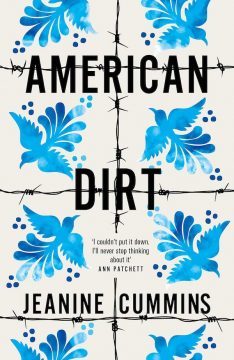Kenan Malik in Pandaemonium:
 ‘What insults my soul’, Zadie Smith has written, ‘is the idea… that we can and should write only about people who are fundamentally ‘like’ us: racially, sexually, genetically, nationally, politically, personally.’
‘What insults my soul’, Zadie Smith has written, ‘is the idea… that we can and should write only about people who are fundamentally ‘like’ us: racially, sexually, genetically, nationally, politically, personally.’
Both as novelist and essayist, Smith is one of the most subtle guides to the fraught terrain of culture and identity. The problem of ‘cultural appropriation’ – writers and artists being called out for having stepped beyond their permitted cultural boundaries to explore themes about people who are not ‘fundamentally ‘like’ us’ – is an issue that particularly troubles her. Too often these days, on opening a book or on viewing a painting, we are as likely to ask: ‘Did the author or painter have the cultural right to engage with that subject?’ or: ‘Does he or she possess the right identity?’ as: ‘Is it any good?’
So it is with the latest cultural firestorm over Jeanine Cummins’s novel American Dirt, which tells the story of a mother and son, Lydia and Luca, forced to flee their home in Acapulco and join the migrant trail to America after their family is slaughtered by a drugs cartel. Cummins wants Americans to stop seeing migrants as a ‘faceless brown mass’ and to bear witness to the ‘tragedy of our making on our southern border’.
The novel’s supporters have hailed it as a Great American Novel, even the new The Grapes of Wrath. Its detractors point to the fact that Cummins is non-Mexican and that this wasn’t a story that was hers to tell, which is why she gets it all wrong.
More here.
